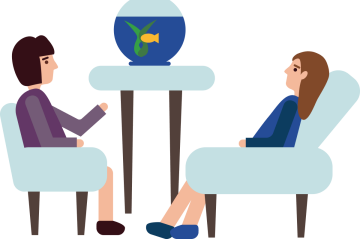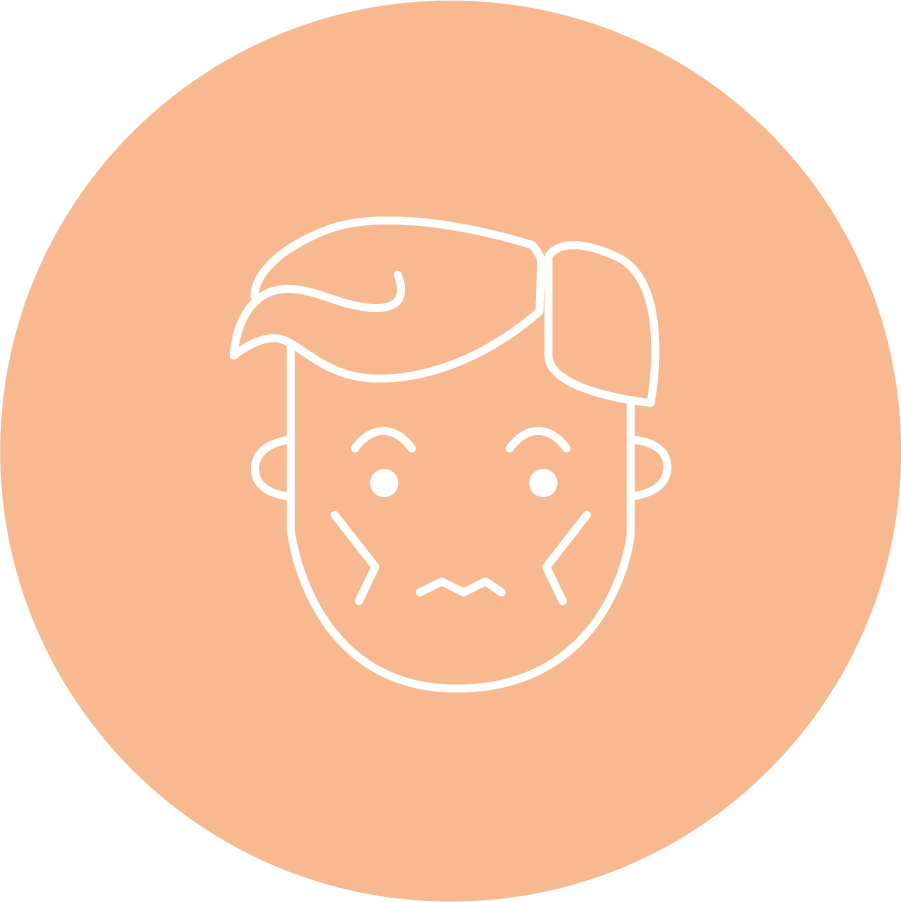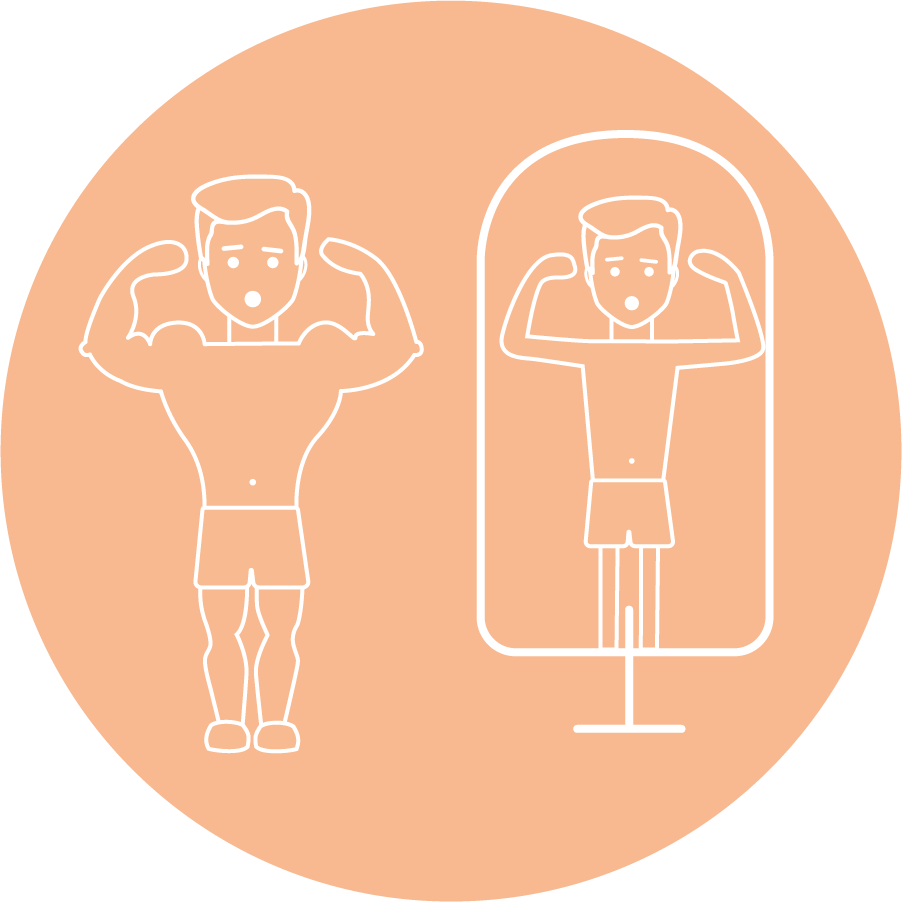Eating disorders
Eating disorders (EDs) are characterised by disordered eating habits and distorted body image perception. These affect both women and men and are usually hard to differentiate and often change from one to another.
What diseases do we classify as eating disorders?
How to prevent EDs?
- Perceive your body as it is. It can be hard to cope with body changes during puberty. It’s because of hormones, and gaining weight is natural during this phase because the body needs some percentage of fat tissue for healthy hormonal function.
- Think critically about content on social media. The photos hardly ever show the real body and are taken from flattering angles and retouched.
- Don’t be scared to talk about your feelings and emotions, and don’t suppress the negative ones.
- Believe in yourself. You’ve got it! Self-confidence is essential.
To think critically and stay on top of things on social media – #3peKodex.
What’s the treatment?
The treatment lies in a combination of therapy (family, individual) and nutrition counselling. More severe cases require intensive stationary care (where one goes daily, like school) or hospitalisation.

Anorexia is known for intentional slimming. It goes from diets, vomiting, and using laxatives to excessive exercise and usually changes to bulimia.
Symptoms:
- Fearing obesity despite being visibly underweight
- Distorted body perception
- Intrusive thoughts on keeping the weight low
- Food rituals (cutting food into small pieces, eating alone, going to the bathroom after eating)
- Absence of menstruation
Bulimia’s main characteristic is binge eating and an irresistible desire to eat.
Symptoms:
- Binge eating – one eats an extreme amount of food during the episode over a short time (sweets or fast food). Then, they try to get rid of those calories by vomiting or using laxatives.
- Chronic fear of being overweight
Orthorexia is a mental disorder known for one clinging to a healthy diet. The system is deprived of many vital substances and vitamins. The number one priority for these people is food quality, and they excessively care about the food they consume.
It has the following effects:
- Weight loss
- Constant thinking about food
- Only consuming meals they prepared
- Convincing everyone around them about the harmfulness of foods
Bigorexia is known for one’s obsession with exercising and excessive steroid intake. One feels not muscularly developed enough, so it’s more prevalent in men.
Symptoms:
- Many hours a day spent at a gym
- Using various supplements, especially those protein or amino acid ones, along with anabolic steroids
Binge eating might be a reaction to a stressful situation like trauma, losing someone or a job. It leads to gaining weight due to psychological factors and eating habits, and the expected effects are gaining weight, depression or frustration.
Symptoms:
- Unbalanced eating – the significant limiting of eating (fasting) or a monotonous diet is followed by an irresistible and urging desire to overeat oneself. Such episodes aren’t rare, quite the opposite as they’re regular.
- Physical symptoms of overeating and unpleasant feelings connected to it follow after the episode, but unlike bulimia, the person doesn't vomit.
- With weight gain and dissatisfaction, various attempts to reduce eating occur.
- This disorder develops as a reaction to stress, emotional deprivation or depression.
FAQ
What to do with an eating disorder?
1. Confide in someone.
Confide in someone you trust. It could be your parents, aunt, teacher or school psychologist.
If you’d prefer to talk about it anonymously, you can try one of these Czech helplines. Some of them have a chat room, so making a phone call is unnecessary.
- Map of centers
- National helpline: 116 111
- Anabell helpline: 774 467 293
- Child crisis centre helpline: 241 484 149
- Linka důvěry spondea
2. See your GP.
Support online education about prevention
We want people to like prevention and make it a standard part of their lives. That’s why we create infographics, videos, articles or podcasts, which we post on Instagram, YouTube or our website. Help us educate online.
Support online education about prevention
We want people to like prevention and make it a standard part of their lives. That’s why we create infographics, videos, articles or podcasts, which we post on Instagram, YouTube or our website. Help us educate online.






